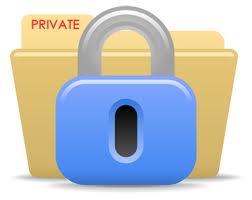BLOG
A recent report that appeared in both the Sun-Sentinel and Miami Herald sheds light on a new law that shields condominium associations, but not homeowners’ associations, from liability for inadvertently releasing an owner’s personal information, such as a driver’s license number, credit card number and Social Security number, as long as the information was voluntarily provided as part of an official record of the association and without the association’s request.
The law, which took effect July 1, modifies a Florida law that prohibited associations from releasing such information. While the amended law continues to prohibit associations from knowingly distributing an owner’s personal information or releasing details specifically requested by a board or association, owners would be wise to avoid providing personal information to their association without a specific request. In addition, board members should remove such information when it appears in correspondence from a unit owner.
 The purpose of the law is to protect associations from liability for accidentally releasing personal information as part of a records request. Additionally, the law enables the associations to avoid the difficulties of wiping out all of the personal information of owners found in their records.
The purpose of the law is to protect associations from liability for accidentally releasing personal information as part of a records request. Additionally, the law enables the associations to avoid the difficulties of wiping out all of the personal information of owners found in their records.
The new law also allows condominium associations to release an owner’s phone numbers, email addresses and other addresses in member directories, so long as they have received prior written approval by the owner.
Our community association attorneys will continue to monitor and write about new laws and court decisions affecting condominium associations and HOAs in Florida, and we encourage association members, directors and property managers to submit their e-mail address in the box on the right in order to automatically receive all of our future blog posts.

